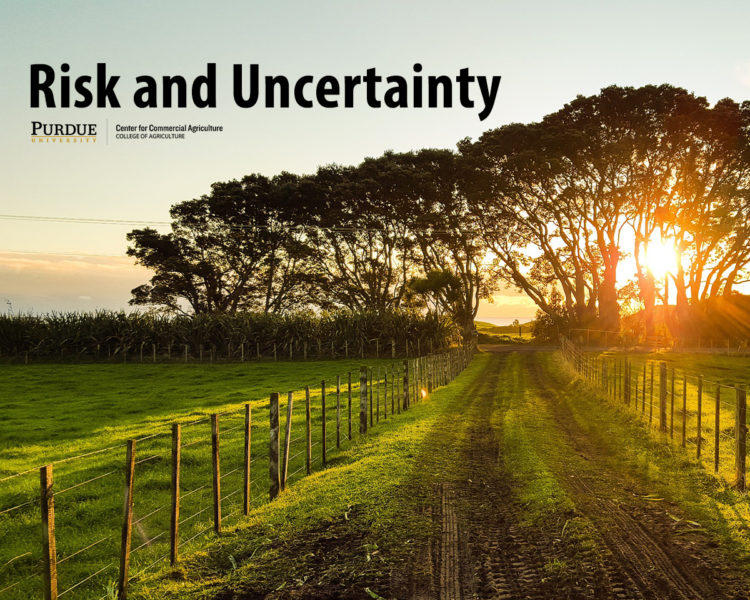January 13, 2015
What is Risk and Uncertainty
In this series of articles, we want to make a clear distinction between risk and uncertainty. This distinction is important for at least two reasons. First, the distinction between the two terms makes it clear that the information available to a decision maker differs depending on the decision that is being made. Second, the tools and strategies used to cope with each differs markedly. The tools available to deal with risk are much more plentiful than the tools available to deal with uncertainty.
Risk represents a situation in which probability information is available. Probabilities can be objective or subjective. Under the objective probability approach, a probability is defined as a relative frequency ratio based on a large number of cases. In this case, probabilities would not differ among decision makers. Often dice or games of chance are used to illustrate probabilities. These probabilities can be thought of as objective probabilities. Under the subjective probability approach, a probability is defined as the degree of belief an individual has that a particular event will occur. If probabilities are subjective they are also personal; two people can reasonably assign different probabilities to the same uncertain event. For example, the authors of this article likely have a different subjective probability associated with chance of corn averaging between $4.00 and $4.25 next year. The difference in subjective probabilities among individuals helps explain difference in behavior. However, it creates difficulties when seeking to model risk decisions for groups of people.
As noted above, a plethora of tools can be used to model risk. These tools include, but are not limited to the following: decision trees, simulation, exposure assessment, control charts, payoff matrices, portfolio theory, risk audits, risk scorecarding, and value at risk. All of these tools will be discussed in future articles. Uncertainty represents a situation in which probability information is not available. This is often the case when making decisions for which we do not have experience or for events that have not happened in the past. A prevalent example is business planning. Typically, when analyzing business plans we examine the best case, the most likely case, and the worst case scenarios. We do not have probability information available to us that tells us how likely each of these scenarios will be in the next five to ten years. Thus, we are dealing with uncertainty rather than risk.
Some authors refer to radical uncertainty or sheer ignorance. In this situation, possible outcomes of a given event are unknown and unlistable. Sheer ignorance describes knowledge of which an individual does not know he or she is ignorant, knowledge that he or she cannot imagine to exist. If sheer ignorance is applicable, knowledge is an unbounded set and can never be complete. Most economists would agree that there are many situations in which it is difficult to list all possible outcomes. However, they would also agree that it is possible to list at least a few of the likely options. If this is the case, we are in the world of uncertainty in which we can use scenarios and scenario analysis.
This article discussed the distinctions between risk and uncertainty. This distinction is very important when deciding the appropriate tools and strategies to use to cope with risk and uncertainty. The next article will briefly discuss risk measures (i.e., variability, downside risk, and loss exposure).
TEAM LINKS:
PART OF A SERIES:
RELATED RESOURCES
UPCOMING EVENTS
We are taking a short break, but please plan to join us at one of our future programs that is a little farther in the future.
